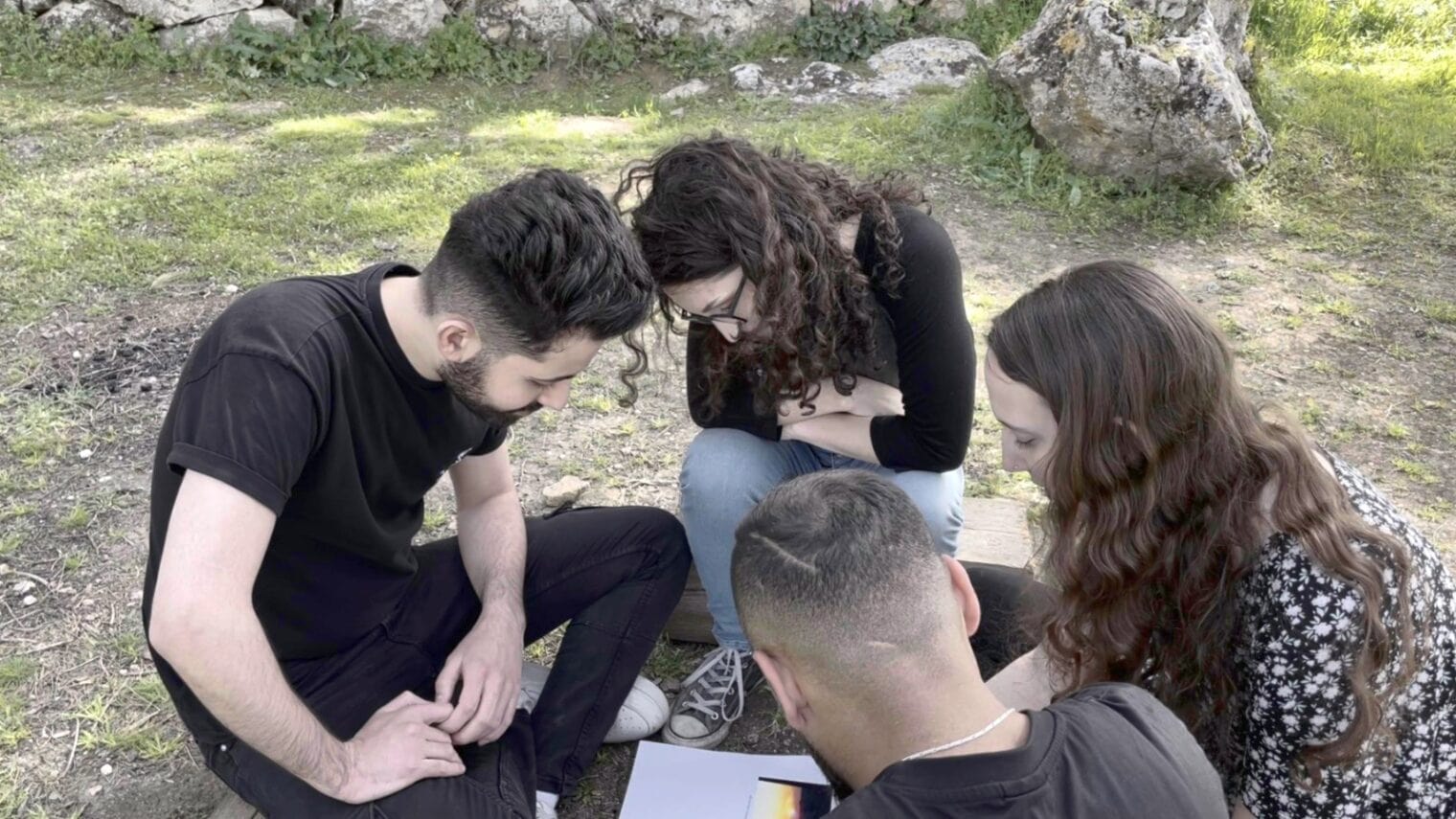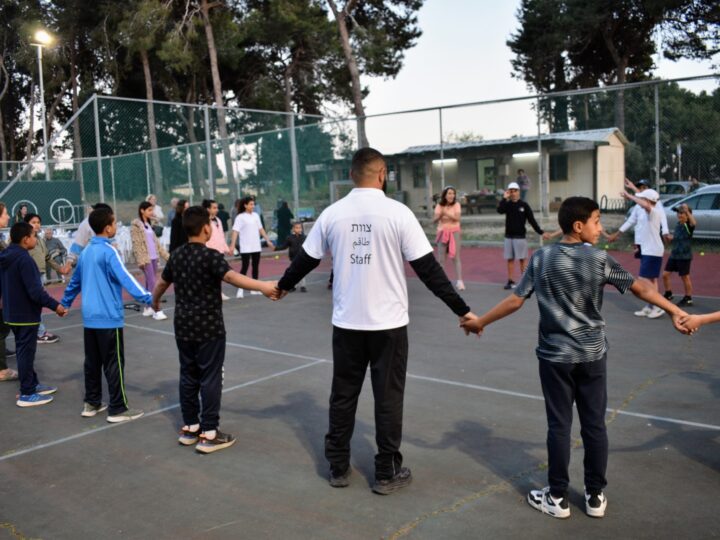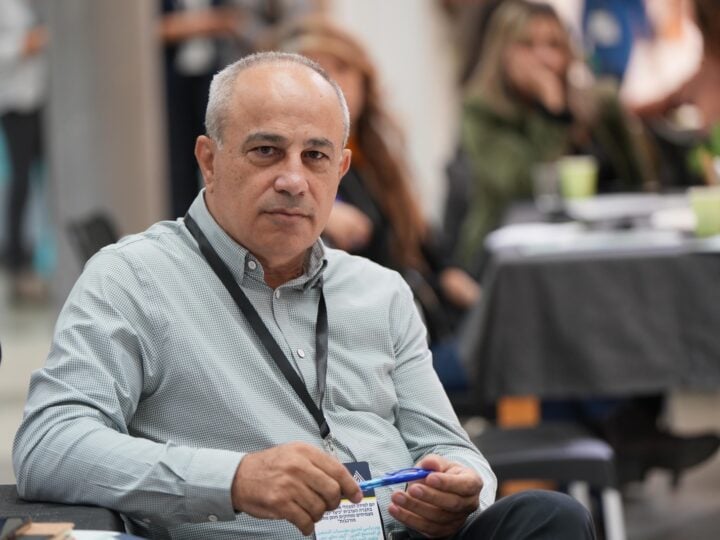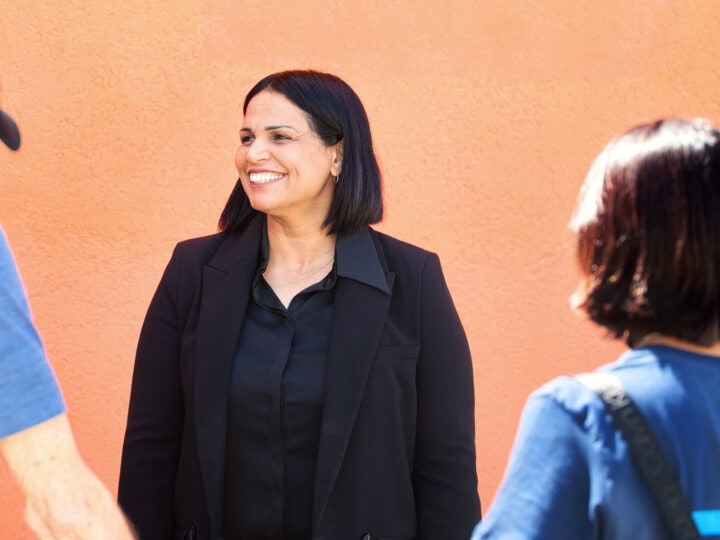“The dynamics are hard right now, no doubt. Really big things are going on that are becoming more of a wedge issue,” says Micah Hendler, founder and artistic director of the Jerusalem Youth Chorus, where young Jewish and Arab Jerusalemites gather for singing and dialogue.
The war that began on October 7, with massacres and kidnappings of Israelis by Hamas terrorists infiltrating from Gaza, tests the mettle of groups trying to foster peaceful coexistence between the country’s 73% Jewish majority and 21% Arab minority.
Complicating the situation is that – with notable exceptions such as Nas Daily — many Arabs in Israel and the Palestinian territories are unwilling to state their views on the Hamas attacks and Israeli counterattacks publicly for fear of harsh consequences from either side. No Arab approached for this article agreed to be interviewed.
“Compared to the [Gaza-Israel] conflicts we have seen over the 12 years the chorus has been around, this war is a different level of awful, divisive and degrading to society,” Hendler tells ISRAEL21c.
“Conversations that before might have stayed in a comfortable space of disagreement, more and more in both directions it’s becoming ‘Either you condemn this or you don’t.’ Unfortunately, reality is complicated. … Folks are scared, to be honest. Those dynamics are making our job more difficult because things are so extreme right now.
“At the same time, people are still committed to the chorus. Within the alumni and the high schoolers who just started their year, nobody has said ‘Because of what’s going on I don’t believe in JYC anymore.’ It’s kind of astounding,” says Hendler.
JYC Executive Director Amer Abu Arqub, a Palestinian graduate of the chorus, is overseeing the current high school group of 25 members.
A planned USA tour with a 15-member alumni chorus had to be canceled, but the show was presented virtually on October 22.
“Voices of Peace in Times of War,” held in collaboration with the Kennedy Performing Arts Center in Washington, DC, attracted over 2,000 registrants and included guest artists such as Ziggy Marley.
“Four of our alumni spoke and sang individually at that concert about what they’re experiencing and why they come back to JYC at these moments,” says Hendler.
Completely surreal
Four Jewish and four Arab leaders of Kulna Yerushalayim – which sponsors bicultural encounters in Jerusalem through activities including backgammon, music and soccer – met on October 19 “to see how everyone is doing,” says volunteer Mor Maisel.
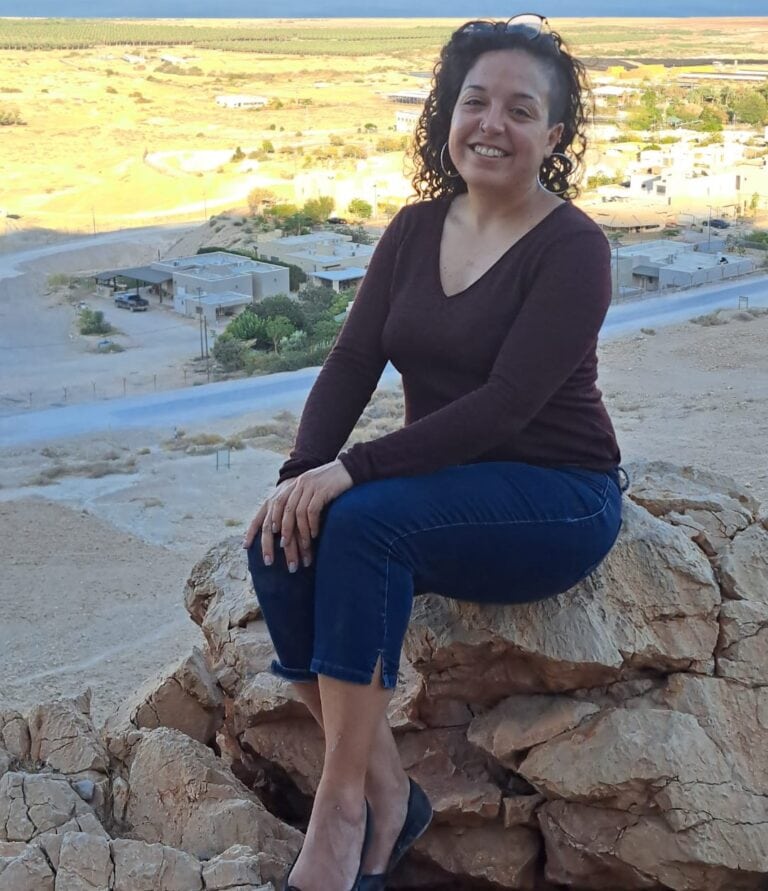
“Everyone is going through a shift right now,” she says.
“On the Jewish side, it’s completely surreal because of the level of intensity of what happened. There’s a feeling of not being safe in your own home or country. For the Arab side, the lockdowns on East Jerusalem neighborhoods, which have happened in the past, have a far greater intensity this time.”
The lockdowns, enacted out of a fear of violence in reaction to IDF actions against Hamas, such as happened in 2021, are crippling the Arab residents as well as their employers outside the neighborhoods.
Accordingly, Kulna Yerushalayim and other organizations are coordinating food deliveries and youth activities in the closed-off areas of East Jerusalem.
There are plans to resume joint cultural activities, says Maisel, “but we needed a minute to collectively mourn and hear each other out. Everybody is feeling danger … and it’s triggering our collective trauma.”
Yet Maisel is hopeful. “A lot of peace organizations right now are keeping silent because whatever they say will be attacked. We just keep doing what we do, and our time to shine again will come when this is over and people are picking up the pieces.”
Maisel also is involved in a women’s Arabic-Hebrew language-exchange program. She’s heading a separate political discussion group among some of the members.
“We’re trying to create meetings at a time when people don’t want to leave their house but are afraid to voice their opinions on Zoom. It’s been quite a challenge to let voices be heard without getting them in trouble. A lot of voices are being shut down right now and we need to hear each other.”
Anxiety and anger
Yehuda Stolov, executive director of the Interfaith Encounter Association, established 22 years ago and now encompassing “125 dialogue groups in the Holy Land and maybe 10 abroad,” says that because of the closures on Palestinian villages many of the meetings have moved to Zoom.
But even that is challenging, he adds, “because the Palestinians are afraid someone will take a screenshot and they’ll get in trouble.”
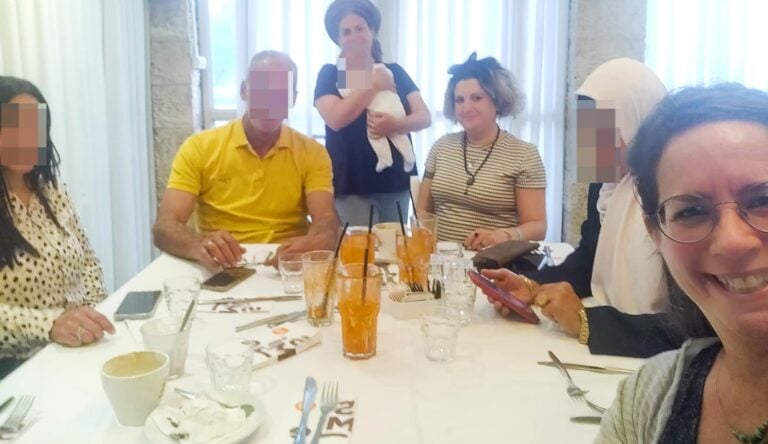
One IEA group of Jewish women in Arad, in southeast Israel, went to meet with Bedouin women to understand their needs. Bedouin Arabs in the south are at great risk from Hamas missiles; several Bedouin Israelis have been killed in such attacks.
The IEA-sponsored Debate for Peace Model UN for Jewish and Arab high school students has been holding daily Zoom talks as well as art and mindfulness sessions.
“Participants in the Zooms have included Arab and Jewish students from all over Israel, ages 14-20, as well as several teachers. Our guests have come from over a dozen countries,” says DfB Director Steven Aiello.
“At these meetings, students were able to share their experiences and emotions – their fears, anger, frustration, hopes, aspirations, concerns for loved ones, and above all, a lot of love to combat the hate.”

IEA’s Jewish and Arab coordinators are sharing their feelings of anxiety and anger, Stolov says.
““I think right now dialogue has a lot of room for people who’ve already met but new people probably will not join,” he says.
“Eventually things will calm down and people will understand more and more that you have to develop good relations between the two communities so they are not working against each other, but with each other, so everyone will gain and not lose.”
Abraham Accords neighbors
“It’s not easy,” says Dan Feferman, executive director of Sharaka (“partnership” in Arabic), a program founded by young leaders from Israel and the Abraham Accords countries to actualize the vision of people-to-people peace.
“We are about engagement and education, and we’re trying to do that. We’ve held public and private webinars on our channels. We’re communicating clearly what’s happening here and they understand the problems and challenges,” he says.
“We’re in touch regularly with graduates of the program, journalists and community leaders in Morocco, Bahrain, UAE, Pakistan, and expats from different Arab countries in the US, Europe and Dubai, as well as Israeli Arabs and Palestinians. Naturally they sympathize with the suffering of Palestinian civilians, but we’re trying to differentiate to them that Hamas is not the same as the Palestinian cause and is actually harming the Palestinian cause.”
Feferman says that the heightened tensions and polarization “highlight the importance of the need for deep people-to-people engagement, education and dialogue among people in the Abraham Accord countries. From what we have seen and done, there has been progress, but we have a lot more work to do.”




